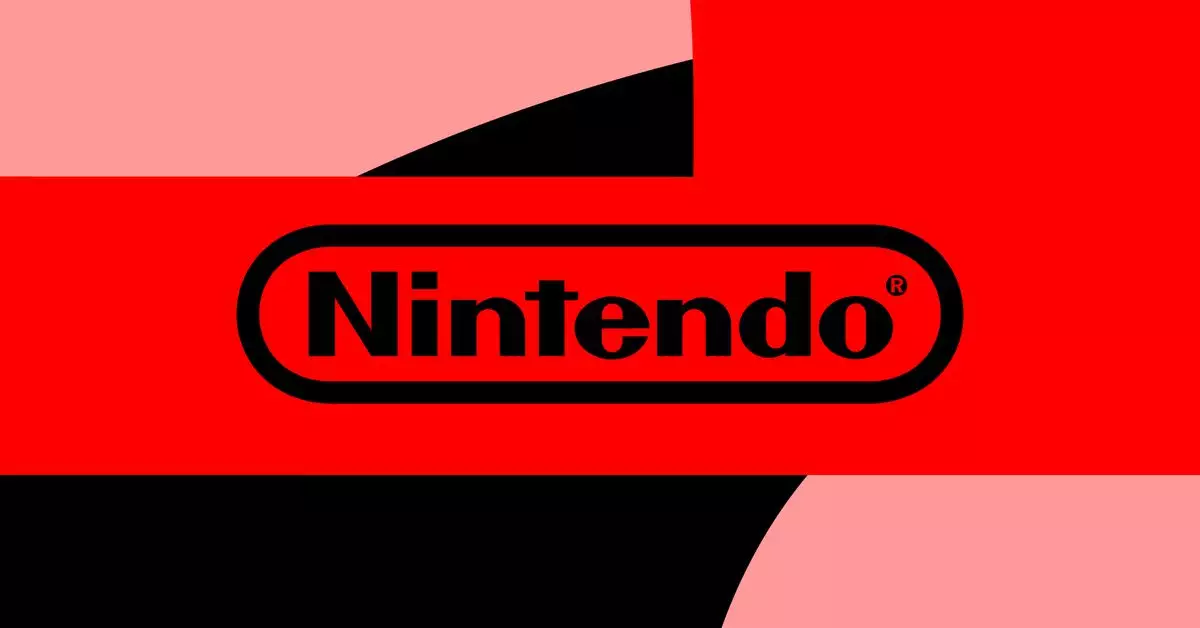As the gaming industry eagerly anticipates the unveiling of Nintendo’s next console, sizable questions loom over the company’s direction, especially regarding backward compatibility and the digital future of gaming. Despite a few sales slumps, the Nintendo Switch remains a robust player in the market, boasting staggering numbers and a dedicated online community. However, brighter horizons await, though meticulous strategies and thoughtful considerations will dictate their success.
The Nintendo Switch has shown admirable resilience, selling approximately 4.72 million units in the last quarter, although this figure reflects a 31% decline from the same period a year prior. Overall, the total sales have impressively crossed a staggering 146 million units, showcasing the console’s enduring popularity. Furthermore, the remarkable tally of 1.3 billion software units sold as of September 30, 2024, demonstrates that players are not only purchasing hardware but actively engaging with the vast library of games available on the platform.
However, the slight drop in Nintendo Switch Online memberships to around 34 million users indicates a cautious sentiment among gamers. While there is a growing interest in the pricier Expansion Pack version, the decline in the total membership raises important questions regarding player engagement. As Nintendo moves forward with its plans for a new console, they must also consider how to enhance their online services and sustain consumer interest in a competitive landscape.
A vital aspect of the impending Switch successor involves its ability—or lack thereof—to support backward compatibility. Historically, Nintendo has struggled in this department, distinguishing itself from competitors like Xbox and PlayStation, which have embraced backward compatibility more readily. As it stands, existing Switch games will be playable on the upcoming console, but titles from legacy systems remain at risk of fading into obscurity. Current gaming enthusiasts often find themselves reliant on remasters or ports, as accessing older titles presents a gamble.
This backward compatibility issue isn’t merely a matter of preference—it’s a significant concern for the preservation of video game history. A report from the Video Game History Foundation indicates a crisis in game availability, with over 87% of titles released before 2010 labeled as “critically endangered.” This paints a daunting picture for a gaming culture that should celebrate its past even while reaching toward the future. For Nintendo to foster a community of both old and new players, it will need to address these gaps in accessibility.
Looking Ahead: What Lies in Store?
Nintendo recently indicated that fans can expect more details about the next console, informally dubbed the Switch 2, during the current fiscal year. The excitement surrounding new hardware is palpable, especially among the over 100 million annual Switch users eager for innovations. However, the anticipation also brings forth skepticism, grounded in experiences from past console transitions. Nintendo’s decision to shift from discs to cartridges during the Wii U era has caused notable disconnections in the gaming library, leading players to be apprehensive about whether their favorite games will follow them to the new generation.
As the company’s announcements progress, players will seek assurance that the Switch successor will not only continue to support new releases but also respect the legacy of the games that have defined the Nintendo brand. Building a bridge of seamless compatibility will be essential to filling potential chasms in player experience and maintaining loyal customers.
Nintendo stands at a critical juncture. With the Shadow of backward compatibility looming large and a loyal but fluctuating player base, it will be imperative for the company to delicately balance nostalgia with innovation. As they prepare to unveil their next console, Nintendo must ensure that it caters not only to the desires of new players but also honors its rich history for long-time fans. The future of their gaming community and the preservation of cherished titles hang in the balance, awaiting a future Nintendo that can respond to both challenges and opportunities.


Leave a Reply